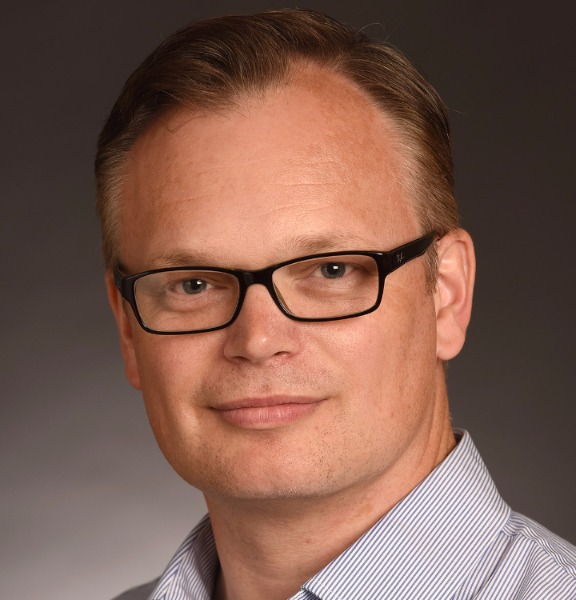Non-invasive IPSC-based Therapies for Treatment of Neurodegenerative Diseases
Awarded $100,000
Mental disorders including neurodegeneration are expected to affect increasing populations as life expectancy increases, representing an enormous economic and health burden. Neurodegenerative diseases are associated with neuronal loss and inflammation and currently have no effective treatment. Cell replacement therapy is a promising approach to treat neurological diseases. However, the invasive procedure of cell transplantation to the central nervous system (CNS), limited availability of suitable donor cells and immunogenicity of allogeneic cells hinder clinical application. Developing non-invasive, autologous cell replacement therapies is an unmet medical need to treat degenerative CNS disorders. A subclass of neural stem/progenitor cells (NPCs), including induced pluripotent stem cells (iPSCs)-derived NPCs, expresses VLA4 which allows systemic delivered NPCs to cross the blood-brain-barrier through endothelial VCAM 1 interaction. We have generated NPCs from both human and mouse iPSCs and delivered the mouse NPCs that express VLA4 to the mouse CNS by non-invasive intravenous (IV) injection. We hypothesize that non-invasive IV injection of iPSC-derived NPCs will result in efficient NPC entry to the CNS and improvement in neuronal phenotypes in neurodegenerative disease. We will test this hypothesis using iPSC-derived NPCs and neuronopathic Gaucher disease mouse models generated in our lab to evaluate the therapeutic potential for this promising cell therapy approach, and provide proof-of-principle for the use of genetically-corrected human patient NPCs in amelioration of Gaucher disease-associated neurodegeneration. This proposal will establish proof-of-concept for the non-invasive delivery of autologous iPSC-derived NPCs to improve brain pathologies and CNS-inflammation in neurodegenerative disease.

Ying Sun, PhD
Dr. Ying Sun is an Associate Professor in Division of Human Genetics at Cincinnati Children’s Hospital Medical Center, Cincinnati, Ohio. Dr. Sun received her Ph.D. in Department of Pharmacology and Biophysics in 1993 from University of Cincinnati and B.S Degree from Beijing University in 1982. She was honored with Chinese Government National Visiting Scholar Award, Beijing, China, 1986 and University Graduate Scholarship, University of Cincinnati, 1987-1992. Dr. Ying Sun’s research interest focused on understanding the pathogenesis as a foundation for development of effective therapies. Research includes stem cell therapy and genomic editing, preclinical research on enzyme therapy and pharmacological agents, disease specific lipidomics to the relationship of Gaucher disease mutations and Parkinson’s disease, and glycosphingolipids metabolism in neurodegeneration. Dr. Sun’s research are funded by National Institute of Health, Michael J. Fox Foundation and L.I.F.E Foundation.

Christopher N. Mayhew, PhD
Dr. Mayhew received his PhD from the University of Wolverhampton (UK) and post-doctoral training at the Universities of Kentucky and Cincinnati. The scientific focus of his work has been largely in the areas of cancer biology, experimental therapeutics and stem cell biology. Dr. Mayhew is now an Assistant Professor in the Division of Developmental Biology at Cincinnati Children’s Hospital, where he co-directs the Pluripotent Stem Cell Facility, a shared resource laboratory that facilitates and supports human pluripotent stem cell (hPSC) research at CCHMC/UC. The major focus of his work is the generation of human induced pluripotent stem cell models for the study of human development and disease. Dr. Mayhew’s laboratory is also currently optimizing methods for CRISPR/Cas9-mediated gene editing in hPSCs and the conversion of these cells into 3D mini-organs.
